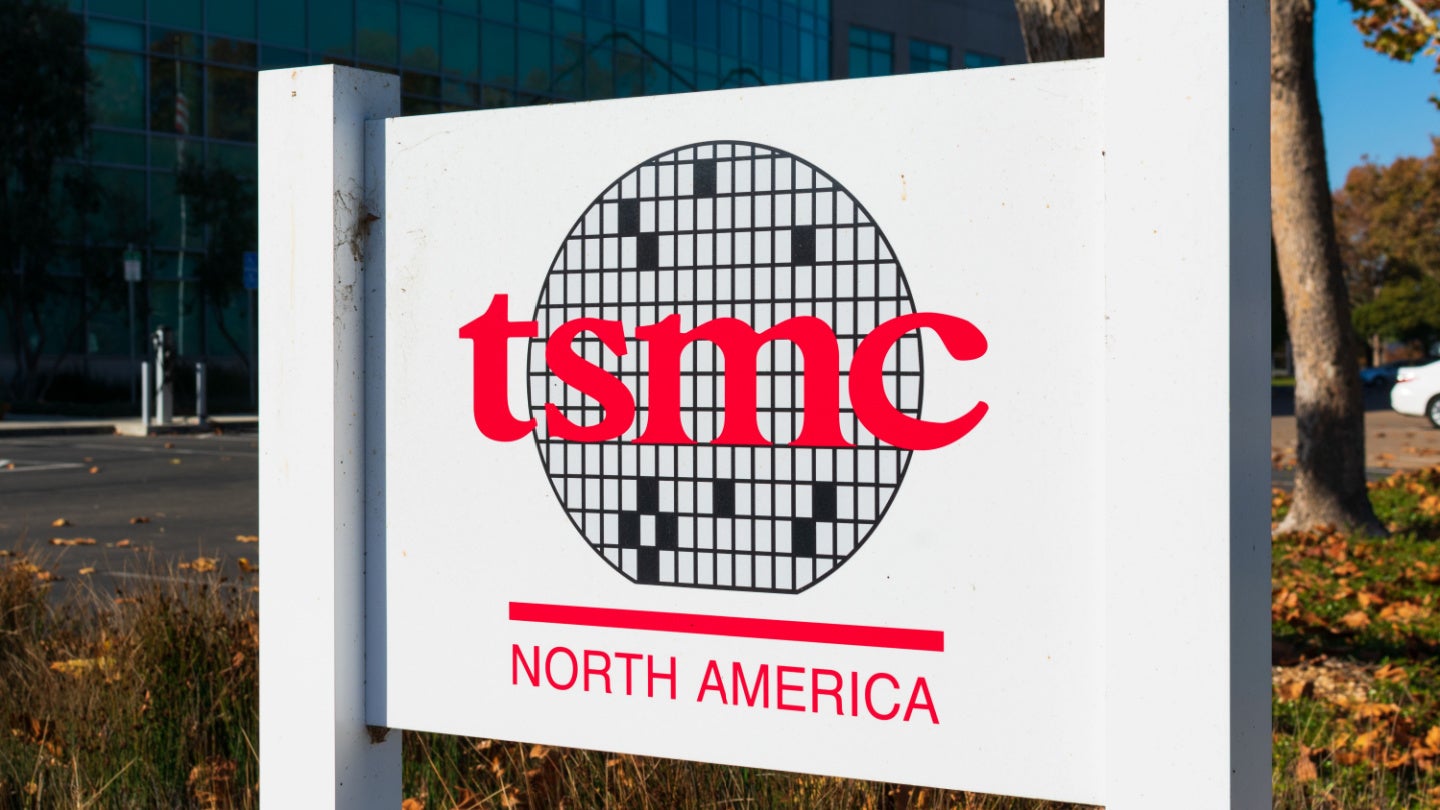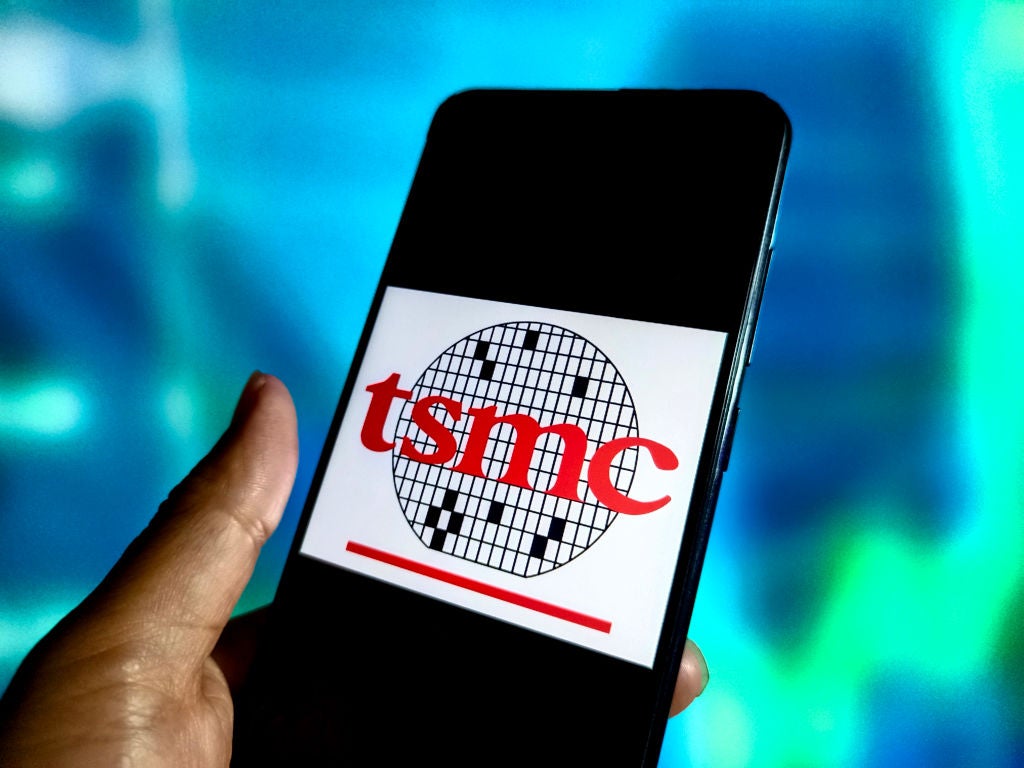
Anonymous sources with knowledge of the company have revealed TSMC is considering Japan as its next overseas location whilst the chip maker struggles to hire skilled workers for its billion-dollar Arizona site, reports Reuters.
TSMC has previously faced difficulty concerning its Arizona plant.
In July this year, the chip maker announced that it would postpone a $40bn expansion to the site during its quarterly earnings call which saw profits fall for the first time in four years.
The company is already developing a $8.6bn factory on the Japanese island of Kyushu and is anticipated to begin selling chips in 2024, the anonymous sources also revealed to Reuters.
Whilst a skills shortage is not unique to the US but rather a global problem, the Semiconductor Industry Association (SIA) has warned that the US chip industry will be short of around 67,000 workers by 2030. This would mean over 58% of design and manufacturing jobs could go unfilled.
Workers in the semiconductor industry often require a degree or other tertiary education.
How well do you really know your competitors?
Access the most comprehensive Company Profiles on the market, powered by GlobalData. Save hours of research. Gain competitive edge.

Thank you!
Your download email will arrive shortly
Not ready to buy yet? Download a free sample
We are confident about the unique quality of our Company Profiles. However, we want you to make the most beneficial decision for your business, so we offer a free sample that you can download by submitting the below form
By GlobalDataAccording to research analyst GlobalData, the number of students in tertiary education in Japan has remained around 4 million since 2000 to 2023.
Additionally, Japan’s government has also promised to donate ¥300bn ($20m) towards promoting science and engineering within its universities. The government also plans to introduce schemes to help students from middle-income households enter higher education.
Global demand for AI has only emphasised this talent shortage. According to GlobalData, AI-related active job postings more than doubled in 2021 and a lack of skilled knowledge was found to be the predominant barrier to entering this workforce.
Whilst initiatives to help more people enter universities to study the relevant degrees for these jobs will provide long-term aid for the industry, GlobalData acknowledges that it will take time before these workers are able to enter the workforce.
Verdict has reached out to TSMC to confirm Reuters’ reports.






